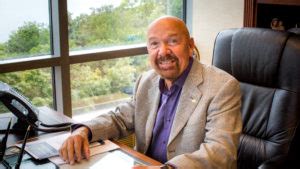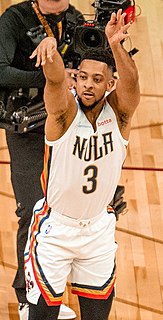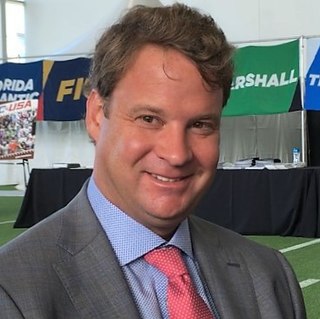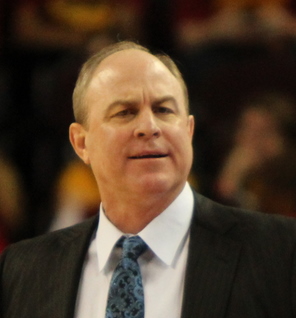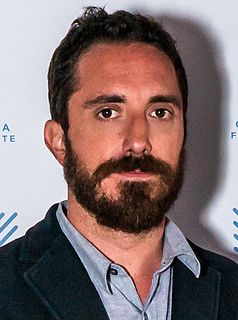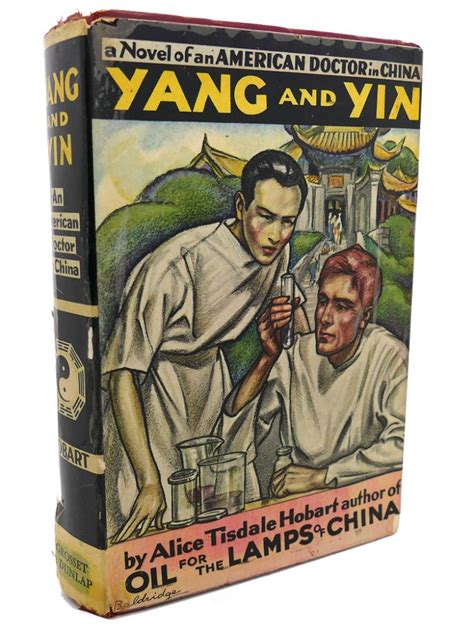A Quote by Mark Walport
As medical data has such power to deliver better understanding of disease and better patient outcomes, it is important we find the best way of sharing it.
Related Quotes
Countries with the best-resourced medical services have the best outcomes for physical illness (it is better to have a heart attack in Washington or London than in rural Africa) whereas precisely the opposite is the case for mental illness (developing nations with limited psychiatric resources have better outcomes and lower suicide rates).
Scientific knowledge is, by its nature, provisional. This is due to the fact that as time goes on, with the invention of better instruments, more data and better data hone our understanding further. Social, cultural, economic, and political context are relevant to our understanding of how science works.
A physician who fails to enter the body of a patient with the lamp of knowledge and understanding can never treat diseases. He should first study all the factors, including environment, which influence a patient's disease, and then prescribe treatment. It is more important to prevent the occurrence of disease than to seek a cure.
In order for us to have changes in society, we have to do a better job with listening to each other, listening to stories, listening to experiences and sharing things. That's the way you're able to come to a better understanding of people in general. We have to do a better job in society. It starts at the top.
I always try to find better ways to do things. Whether it's a game plan, a practice, a meeting, an interview, whatever it is. I'm going to find a way to find a way to analyze it and find a better way to do it. That's my mindset. I've never been satisfied with anything. That's just my mindset. I'm always trying to find a better way to do things.
People really don't like to hear success explained away as luck — especially successful people. As they age, and succeed, people feel their success was somehow inevitable. They don't want to acknowledge the role played by accident in their lives. There is a reason for this: the world does not want to acknowledge it either. If you use better data, you can find better values; there are always market inefficiencies to exploit, and so on. But it has a broader and less practical message: don't be deceived by life's outcomes. Life's outcomes, while not entirely random, have a huge amount of luck baked into them. Above all, recognize that if you have had success, you have also had luck — and with luck comes obligation.
I'm not an American as you know, and to deliver "Jackie" today in the United States and understanding the role of women in society is changing and I hope it just gets better and better - and also in cinema. There's very few interesting roles today for women in cinema. It's getting better and stronger and, and I'm proud to be part of that.


